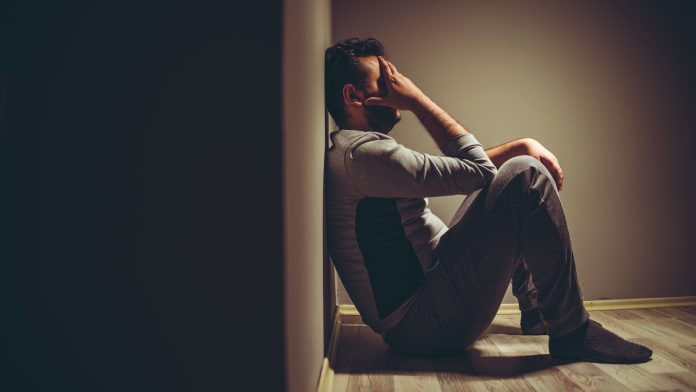
Novel research suggests that implementing psychedelic therapy can significantly help to alleviate the symptoms of major depressive disorder.
Earlier studies performed by researchers from John Hopkins Medicine identified that psychedelic therapy, such as treatment containing psilocybin, can relieve major depressive symptoms for up to a month. Now, a follow-up study by the team has found the therapy has an extensive efficacy, producing considerable antidepressant effects that, when administered with supportive psychotherapy, mitigates depressive symptoms for up to a year in some patients.
Natalie Gukasyan, M.D., assistant professor of psychiatry and behavioural sciences at the Johns Hopkins University School of Medicine, commented: “Our findings add to evidence that, under carefully controlled conditions, this is a promising therapeutic approach that can lead to significant and durable improvements in depression. However, the results we see are in a research setting and require quite a lot of preparation and structured support from trained clinicians and therapists, and people should not attempt to try it on their own.”
The research is published in the Journal of Psychopharmacology.
The potential of psychedelic therapy
Throughout the last two decades, research into psychedelic therapy has advanced rapidly. Psychedelics are a pharmacological class of compounds that include psilocybin, which the National Institute on Drug Abuse say can cause perceptual that alter a person’s awareness of their surroundings, thoughts, and feelings. However, medication with psilocybin had demonstrated potential at treating a plethora of mental health and addiction disorders in research settings.
Treating mental health conditions
The researchers recruited 27 participants who had a long-term history of depression, with the majority experiencing depressive symptoms for approximately two years before the study. The average age of the individuals was 40 and included 19 women; 25 identified as white, one as African American and one Asian. 88% of the participants had previously been treated with traditional antidepressant medications, with 58% reporting antidepressant use in their current depressive episodes.
The participants were then screened and randomly assigned to one of two groups: one where they received the psychedelic therapy immediately, and one where they received it after an eight-week waiting period. After preparation, the participants were given two doses of psilocybin, administered two weeks apart at the Behavioral Biology Research Center at Johns Hopkins Bayview Medical Center between August 2017 and April 2019.
Subsequently, the team conducted a follow-up one day and one week after each session, and then at one, three, six and 12 months after the second session. In total, 24 of the participants completed the psychedelic therapy sessions and all follow-up assessments.
The results demonstrated that the psilocybin treatment significantly reduced depression in both groups, with depression severity remaining low at one, three, six, and 12 months after the therapy. The researchers analysed depressive symptoms before and after treatment using the GRID-Hamilton Depression Rating Scale, the traditional depression assessment tool. A score of 24 or more indicates severe depression, 17 to 23 moderate depression, eight to 16 mild depression, and seven or less no depression.
The scores for the overall treatment decreased from 22.8 at pre-treatment to 8.7 at one week, 8.9 at four weeks, 9.3 at three months, seven at six months and 7.7 at 12 months after treatment for the majority of participants. The participants displayed stable response rates to the psychedelic therapy and remission of symptoms throughout the follow-up period. There was a 75% response and 58% remission at 12 months.
Roland Griffiths, PhD, a Professor in the Neuropsychopharmacology of Consciousness at the Johns Hopkins University School of Medicine, and founding director of the Johns Hopkins Center for Psychedelic and Consciousness Research said: “Psilocybin not only produces significant and immediate effects, it also has a long duration, which suggests that it may be a uniquely useful new treatment for depression. Compared to standard antidepressants, which must be taken for long stretches of time, psilocybin has the potential to enduringly relieve the symptoms of depression with one or two treatments.”
The team explained that more research is required to validate if the efficacy of the psilocybin treatment may exceed 12 months.
























